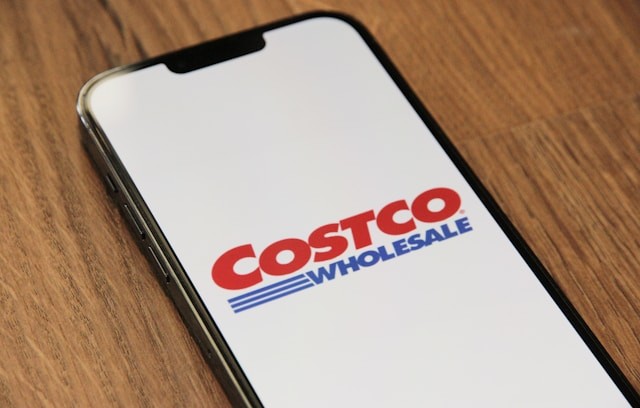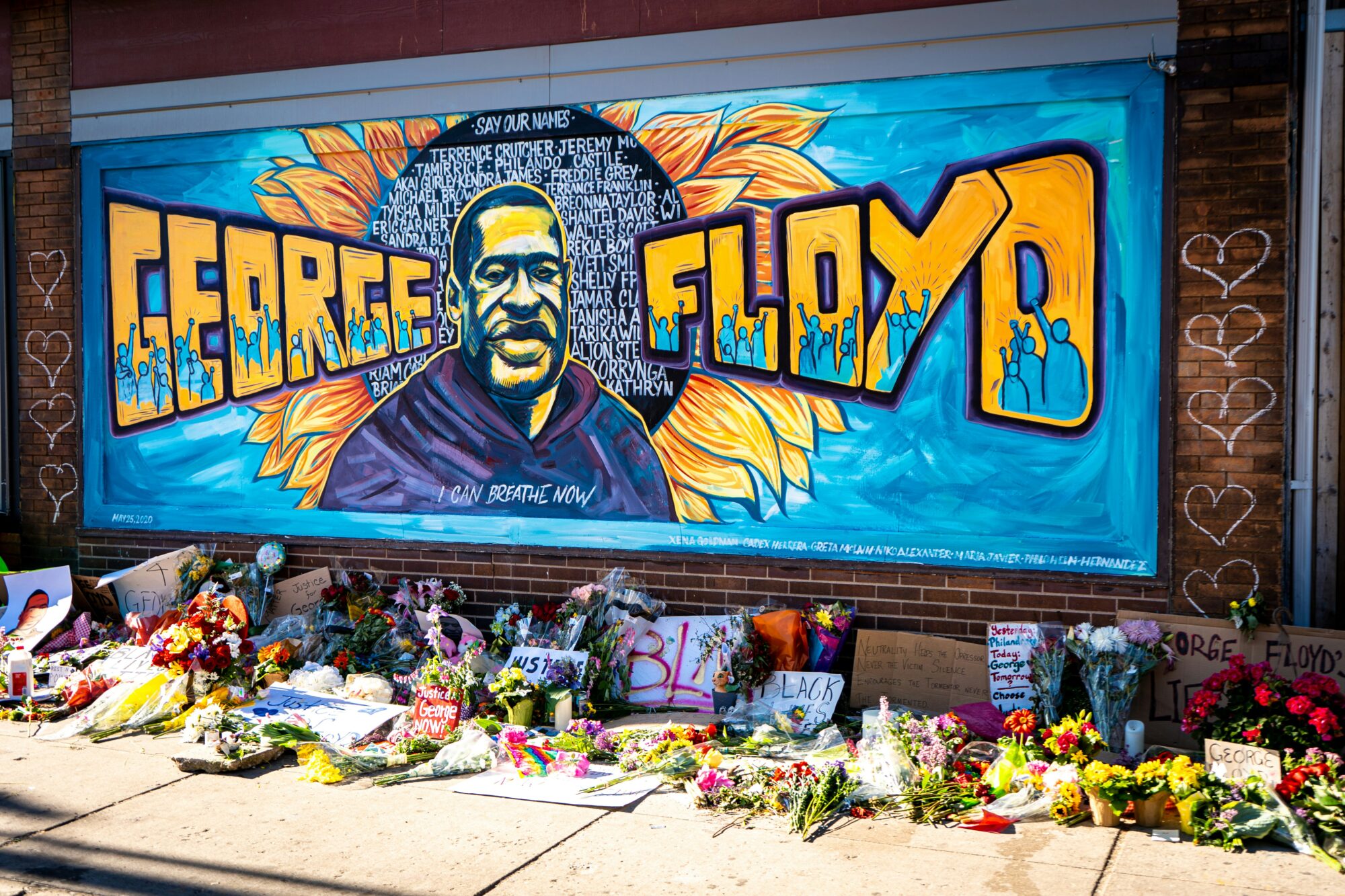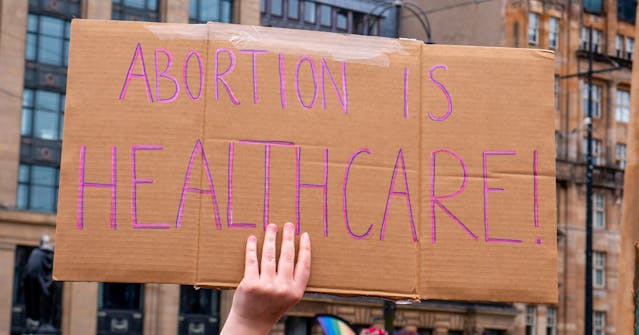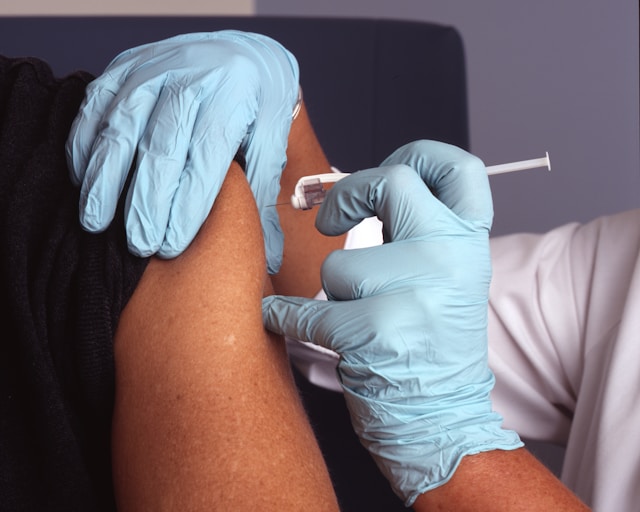
THE NATIONAL COLLABORATIVE FOR HEALTH EQUITY (NCHE) PARTNERS WITH KIND HEALTHY SNACKS TO SUPPORT FOOD SECURITY TO BIPOC COMMUNITIES ACROSS THE US
NCHE deploys HOPE Initiative Data to Identify High Food Insecurity Locations
WASHINGTON, DC – NCHE is pleased to announce its collaboration with KIND Healthy Snacks (KIND) to support the company’s efforts to address racial inequality and inequity facing Black, Indigenous, People of Color communities across areas of racial justice, education, food & insecurity.
As part of KIND’s partnership with NCHE, the brand released its second-annual KIND EQUALITY bar in support of the next generation of changemakers. KIND has made a $25,000 donation to support NCHE leaders addressing food security & injustice in local communities, and proudly included the donation commitment along with NCHE’s mission on the KIND EQUALITY bar carton. In addition, KIND is donating one million bars with guidance from NCHE to communities with the highest levels of food insecurity across the country.
Dr. Gail C. Christopher, NCHE’s executive director, applauded the company’s contributions to building community equity, saying, “We are excited to have KIND as a partner in our quest to jettison racism and racial inequities. Their efforts will certainly help address food insecurity in communities ravished by the health and economic consequences of COVID-19, and distressed from decades of health, economic, housing and education disparities.”
In fact, the American Journal of Public Health reported that researchers have documented unprecedented levels of food insecurity, higher rates than during the Great Recession. Estimates of food insecurity in the US hovered around 11% to 12% in recent years, but as of early spring 2020 national estimates of food insecurity more than tripled to 38%. Data found that 44% of all households were food insecure including 48% of Black households, 52% of Hispanic households, and 54% of households with children.
“People of Color have been disproportionally exposed to long-standing inequalities rampant across our healthcare system, economy, and society,” says Daniel Lubetzky, KIND’s Founder and Executive Chairman. “Overcoming these challenges will require all of us to deepen our commitment to standing up against injustice and taking stock of our own actions, big or small, each day. As a global brand and movement, KIND has an even greater opportunity and responsibility to make an impact and we’re proud to be supporting NCHE’s efforts.”
With data from their Health Opportunity and Equity (HOPE) Initiative, NCHE provided KIND with comprehensive food insecurity projections that are guiding the allocation of KIND bar donations to communities with the greatest food needs. To identify states experiencing the highest levels of food insecurity, NCHE used a combination of HOPE data for state information on food insecurity and Feeding America’s 2020 county projections. With food insecure communities the focus of KIND’s donations, NCHE also used Census data to provide demographic mapping.
The data show that the states with the highest levels of food insecurity are Arizona, Wyoming, Mississippi, South Dakota, Arkansas, New Mexico, Louisiana, Alaska, Georgia, South Carolina, Alabama, and Texas. Within each state, NCHE identified five counties with the greatest food needs, as well as providing demographic breakdowns of each county. “This is an excellent use of data from the HOPE initiative,” said Christopher. “It is the type of collaboration that we hoped to achieve. We want to partner with public and private sector organizations and provide them with this critical minority health data that can shape efforts to address racial injustice, inequality and inequity in communities across the country.”
The HOPE research tracked 27 indicators on health outcomes and factors that shape health and well-being – social and economic factors, food insecurity, community and safety conditions, physical environment, and access to health care. The research on these social determinants of health identified the opportunity gaps for people of color that frequently lead to racial inequities in health outcomes. The HOPE website at hopeinitiative.org provides an interactive experience with all 27 indicators, allowing users to explore data segmented by indicators, states, race and ethnic and socioeconomic groups.
The HOPE Initiative is a collaboration between NCHE, Texas Health Institute and Virginia Commonwealth University’s (VCU) Center on Society and Health.
About KIND
Since 2004, KIND has been on a mission to create a kinder and healthier world – one snack and one act at a time. Its iconic KIND® bars – made with real, recognizable ingredients – sparked the growth of an entirely new healthy snacking category. Today, KIND has a family of more than 100 snacks that offer solutions for a variety of occasions. All of KIND’s products lead with a nutrient-dense first ingredient – whole nuts, whole grains or whole fruit – and do not contain genetically engineered ingredients, sugar alcohols or artificial sweeteners.
Inspired by the belief that acts of kindness can be a transformative force for good, both the KIND brand and The KIND Foundation seek to inspire kindness and empathy. KIND was founded by Daniel Lubetzky. To learn more about KIND, please visit www.kindsnacks.com and join us on Facebook, Twitter, LinkedIn, Instagram and YouTube.








